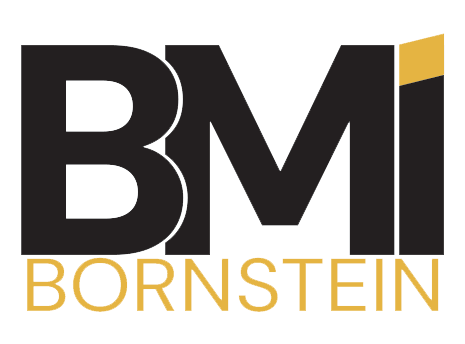8 Common Property Tax Mistakes to Avoid
After years of consistently ranking among states with the highest property taxes, Illinois now has the highest property tax rate in the country. To make matters worse, many taxpayers commit errors—costing them thousands of dollars over the life of a property—when trying to navigate the property tax system alone.
Below are eight common property tax mistakes our firm sees most frequently when reviewing new client files, along with some practical tips to avoid these costly mistakes.
1. Missing Appeal Deadlines
Property tax appeal bodies have strict deadlines—typically 30 days from the notice date of assessment or a decision from a lower level of review. Missing these deadlines could mean forfeiting the right to challenge a property’s assessment for that year.
Pro Tip: Subscribe to assessor calendars or hire counsel who regularly monitors deadlines.
2. Submitting Insufficient Evidence
Appeal bodies need proof—not opinions. Simply disagreeing with a property’s assessment is not enough to persuade decisionmakers that reductions in assessed value are warranted.
Pro Tip: Gather and submit supporting evidence, such as recent comparable property sales, photographs, appraisals, or income/expense statements, to strengthen an appeal.
3. Confusing Taxes with Assessments
Arguing that a tax bill is too high, while failing to address the property’s valuation, typically results in dismissal or rejection of an appeal. Tax rates are set separately by local taxing districts, and appeals should primarily target inaccuracies in the assessed valuation itself. Consequently, any reductions in assessed value translate into reductions in the overall tax bill.
4. Overlooking Misclassifications and Data Errors
As of late, we have seen numerous examples of properties located in Cook County being misclassified, resulting in unexpected tax bill and mortgage payment increases. Common errors include phantom square footage, non-existent finished basements, and erroneous property classifications (e.g., commercial instead of residential).
5. Relying on Public Real Estate Websites
Public real estate websites like Zillow or Redfin can be helpful for general estimates and insights about a specific property but often provide inaccurate data and market values. Available county assessment records for similar properties and formal appraisal reports carry significantly more weight in a property tax appeal.
6. Not Escalating Appeals
Many property owners give up if their initial appeal is denied. However, Illinois offers three levels of appeal:
(1) County Assessors;
(2) County Boards of Reviews; and
(3) State Property Tax Appeal Board (PTAB) or Circuit Court.
Pro Tip: If an appeal fails at a lower level, or the desired result is not obtained, it should be escalated to the higher levels.
7. Neglecting Exemption Opportunities
Illinois law provides several exemptions, such the homeowner, senior, and disabled persons, that can provide substantial savings for eligible homeowners. Unfortunately, many homeowners miss out on these additional savings by failing to apply for or renew exemptions. Neglecting to apply for or renew these can cost hundreds or even thousands of dollars annually.
Pro Tip: If an exemption was missed on a prior bill, a Certificate of Error can be filed within a statutory period for a retroactive refund.
8. Attempting Complex Appeals Without Help
While straightforward residential appeals are certainly manageable independently, complex properties—such as commercial, industrial, or multi-family buildings—often require professional guidance. Hiring experienced legal counsel significantly enhances your likelihood of success.
Key Takeaways
| Mistake | Real-world cost | Quick fix |
|---|---|---|
| Missing deadlines | Possible forfeiture of savings | Calendar alerts or legal retainer |
| Filing without evidence | Denied appeal | Obtain comps/appraisal before filing |
| Ignoring exemptions | $300-$1,500 +/yr | Renew annually; track eligibility rules |
| Data errors | Average 5-20% over-assessment | Review record card; file corrections |
| Skipping levels of review | Up to two chances for appeal lost | Escalate to Board of Review/PTAB or Circuit Court |
How We Can Help
Our attorneys focus exclusively on Illinois property tax matters, and we have systems in place to provide clients with the following services:
- Deadline monitoring in every county to prevent missing a filing window.
- Building data-driven valuation cases using certified appraisals and assessor-grade comps.
- Auditing exemptions and filing Certificates of Error for retroactive refunds.
- Full-scope representation at all levels of review—Assessor, Board of Review, and PTAB/Circuit Court.
Questions about your 2025 assessment? Contact us for a complimentary review before the next deadline closes.
About the Firm
At BMI Bornstein LLC, we specialize in property tax law and offer expert services in property tax appeals across Illinois. Our experienced team can help you understand your property tax responsibilities and fight any unfair tax assessments. Contact us today to schedule a free consultation and learn how we can assist you with property tax issues in Illinois.
DISCLAIMER:
This blog post is for informational purposes only and does not constitute legal advice. Consult an attorney for guidance on your specific situation.


